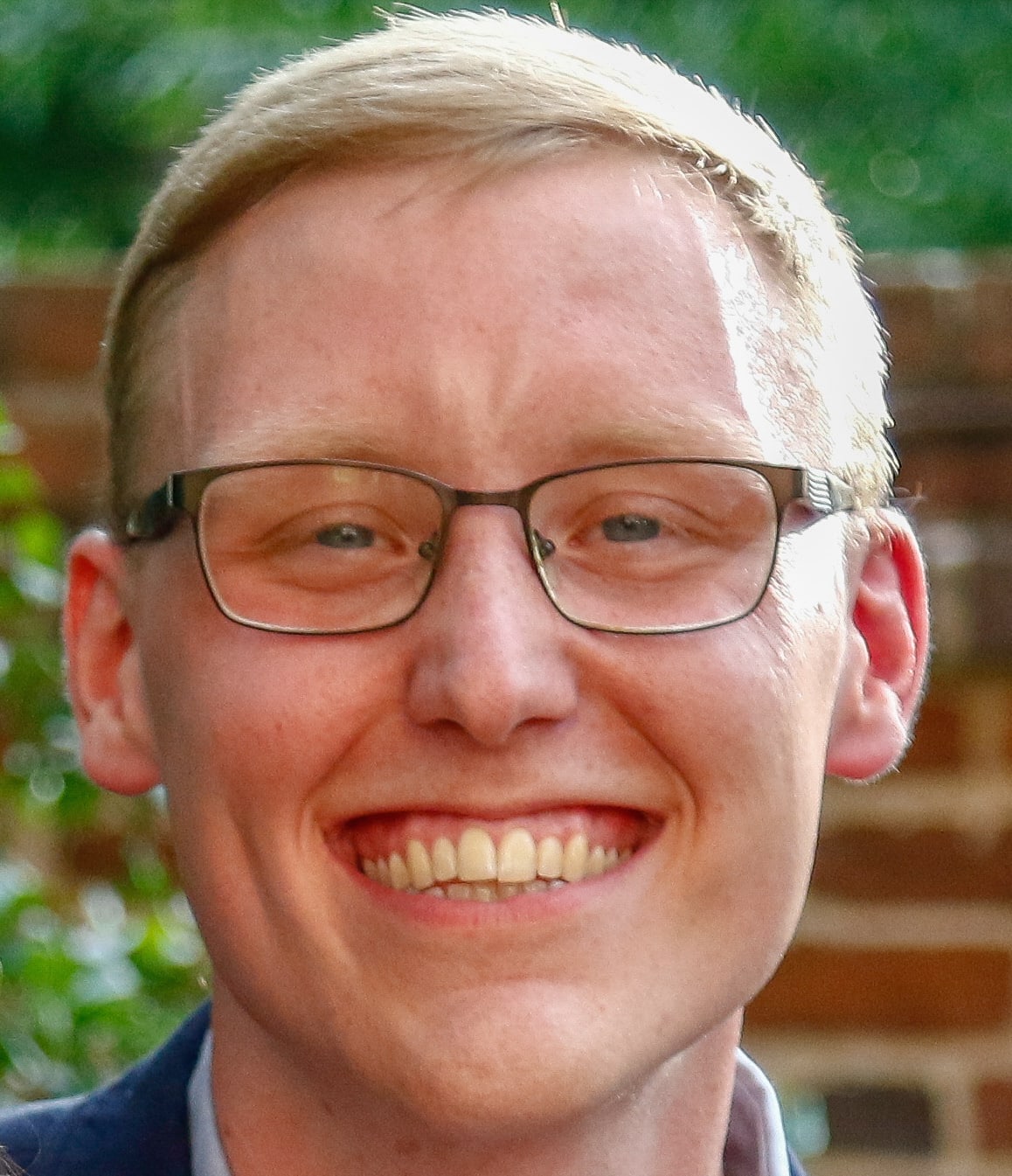Justin Row can count on one hand the number of times he’s cried in his adult life. That’s just not normally his style.
So, as he sat in an Australian doctor’s office and took in the news that would change his life forever, he didn’t shed a tear.
It wasn’t until he picked up the phone leaving the office and called his family when the emotions hit him.
“I think the doctor was ready for me to cry and break down. I wasn’t really in that stage yet. I was more in the shock stage. I didn’t know what to think,” Row said. “It wasn’t until I called my parents with the news where everything hit all at once. If you hear your parents cry, it’s almost like immediate for me to start crying.”
Also see: The Gamecocks' toughest football matchups of the year
On Dec. 19, sitting in that doctor’s office, Row was diagnosed with stage two Non-Hodgkin lymphoma.
A few days ago, that was the unthinkable. He was a professional baseball player living in Australia, enjoying his first extended time out of the country when he went to change a light bulb in his house.
His roommate’s girlfriend, a physical trainer, noticed a bump near his ribcage and armpit and mentioned he should go get it examined, mentioning it could be a bacterial infection.
Row did, and after an appointment full of blood work, biopsies and ultrasounds, he found out it wasn't a bacterial infection but a more advanced type of cancer that needed to be treated immediately.
The very next day he boarded a flight back to California and began his chemotherapy treatments Jan. 24.
“They didn’t tell me, ‘Hey, you’re going to feel really good for like two day after your first treatment,’” Row said. “After my first treatment, I felt almost normal. I thought I got lucky. The second day hit and it was like I got ran over by a truck. I don’t think I left my bed for like three days. I was just absolutely out for the count. That’s when my major weight loss started. I think I dropped close to 20 pounds in the first month of treatment. I was a skinny kid again.”
Non-Hodgkin lymphoma is a type of cancer originating in the lymph nodes, the disease fighting network of the body, and affects white blood cells so it’s harder for the body to fight infections.
In Row’s case, he had Stage II lymphoma, which means the cancer was either in two lymph nodes throughout the body or had invaded one of his nearby organs.
Also see: Breaking down the Gamecocks' quarterback room
To treat it, he went through chemotherapy every other week for five straight months, doing two different forms of treatment over a roughly 15-week period.
Row’s had run-ins with cancer before—he’s had a few family members diagnosed with it—and said every experience he had was negative and “didn’t turn out well,” and he was determined to not let that happen to him.
“Initially, when I was first diagnosed, I was like, ‘It’s just our family. This is the way it’s going to work.’ After a slight low point, there was no way I was going to give in and let this win. I want to live my life. I want to live it to the fullest. I want to do things I haven’t gotten to experience yet. Once I got that mindset, that other thought never crept into my head once. I will never let it come back.”
Chemo wasn’t sunshine and rainbows—there were low points where he would spend hours getting sick because of the radiation, including having to leave a restaurant because he was too sick to stay—and he had to rely heavily on his family to get through it. ‘’
There were days where he’d be getting sick and his younger sister would sit with him, just staying with him and listening to music to try and take his mind off of it.
“Without them, I don’t know where I would have been mentally,” he said. “My sister would come home from work and I know she’d be tired. She has school, work and she comes home and hangs out with her older brother. She has a life too and she doesn’t need to do that stuff. I appreciated it. My parents were just my rocks throughout the whole thing. Any time I got down, they reinforced that positive mindset and kept me going.”
But, through all the sludge he had to wade through, there was a light at the end of the tunnel.
Four treatments in, he saw the bumps on his body caused by the cancer start to go away and by treatment five they weren’t visible and on March 15 was told his cancer was in remission.
Then, on May 6, he finished his final round of chemo and is officially cancer free and, for one of the few times in his life, he cried again for a completely different reason.
“It was one of those things of shock and, ‘Hell yeah, let’s go,’” he said. “My parents were in there again and I saw my parents cry and I started to get emotional. It was happy tears, which was nice.”
Also see: How a shortened MLB Draft could affect the Gamecocks
Row’s already overcome so much in his playing career—he went from not playing as a junior to hitting .347 and finishing one game away from Omaha as a senior—but this obstacle was something that taught him a lot more.
“There were plenty of things in my life before that I wouldn’t say I took for granted but I didn’t appreciate as much. Now I will 100 percent appreciate them. I don’t want to just hang out any more or lie in bed and watch Netflix. I want to do things. I want to get out of the house, get out of the country. I want to travel. I want to coach. I want to watch baseball games. Stuff that I didn’t take for granted but didn’t quite appreciate as much as I should have. I have a newfound appreciation for it.”
He doesn’t know what’s next for him specifically, but knows he wants to stay in sports and likes the world of coaching.
That’s what he’s going to eye after Coronavirus quarantine ends right after he celebrates a “combo of cancer beating and birthday to celebrate,” after turning 22 on May 4.
“Don’t take your life for granted. I know I’m lucky and I’m a survivor. But it could have very easily gone the other way. I could have said, ‘Hey could you fix that light for me?’ in Australia and would have probably went months without knowing. It would have spread and I would have come home and it would have been much worse. I would say if anyone has health concerns, look into it…when you do, fight the hell out of it. I found a new appreciation for things.”

